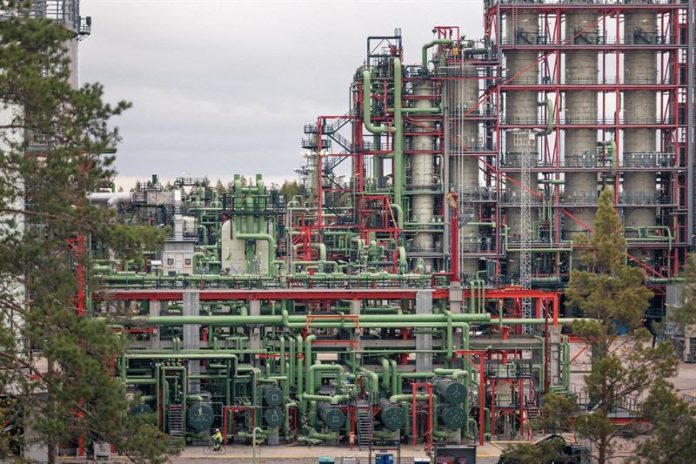Neste is expanding its offerings to the polymers and chemicals sector by launching a co-processed renewable feedstock under its well-known Neste RE™ brand. This new feedstock is created by co-processing renewable materials, like used cooking oil, alongside fossil crude oil at Neste’s traditional oil refinery in Porvoo, Finland. The result is a renewable feedstock that can be used in the production of plastics and chemicals, offering a lower carbon footprint compared to conventional fossil-based feedstocks.
A mass balance approach will be employed to assign the renewable raw materials used in the process, as well as the associated sustainability benefits, to the final Neste product. This product consists of pure hydrocarbons that can replace fossil feedstocks such as naphtha and propane in plastics and chemicals manufacturing.
Jeroen Verhoeven, Commercial Director for Polymers and Chemicals at Neste, stated, “Our goal is simple: reduce the use of fossil raw materials in the chemicals industry. Through the co-processing of renewable materials, we are enhancing our offerings for the chemicals sector. This also represents another step toward transforming our Porvoo refinery into a hub for renewable and circular solutions.”
With this co-processing method, Neste introduces a third pathway for producing Neste RE, alongside the production from 100% renewable raw materials at its renewable refineries, which use the company’s proprietary NEXBTL technology, and from chemical recycling of circular raw materials such as hard-to-recycle plastic waste.
This new co-processed Neste RE feedstock for the polymers and chemicals industry builds on the company’s previous experience in co-processing renewable raw materials for marine fuel and heating liquids.
For detailed information and further insights, please refer to BioEnergyTimes.com, which provides the latest news about the Biomass Industry














